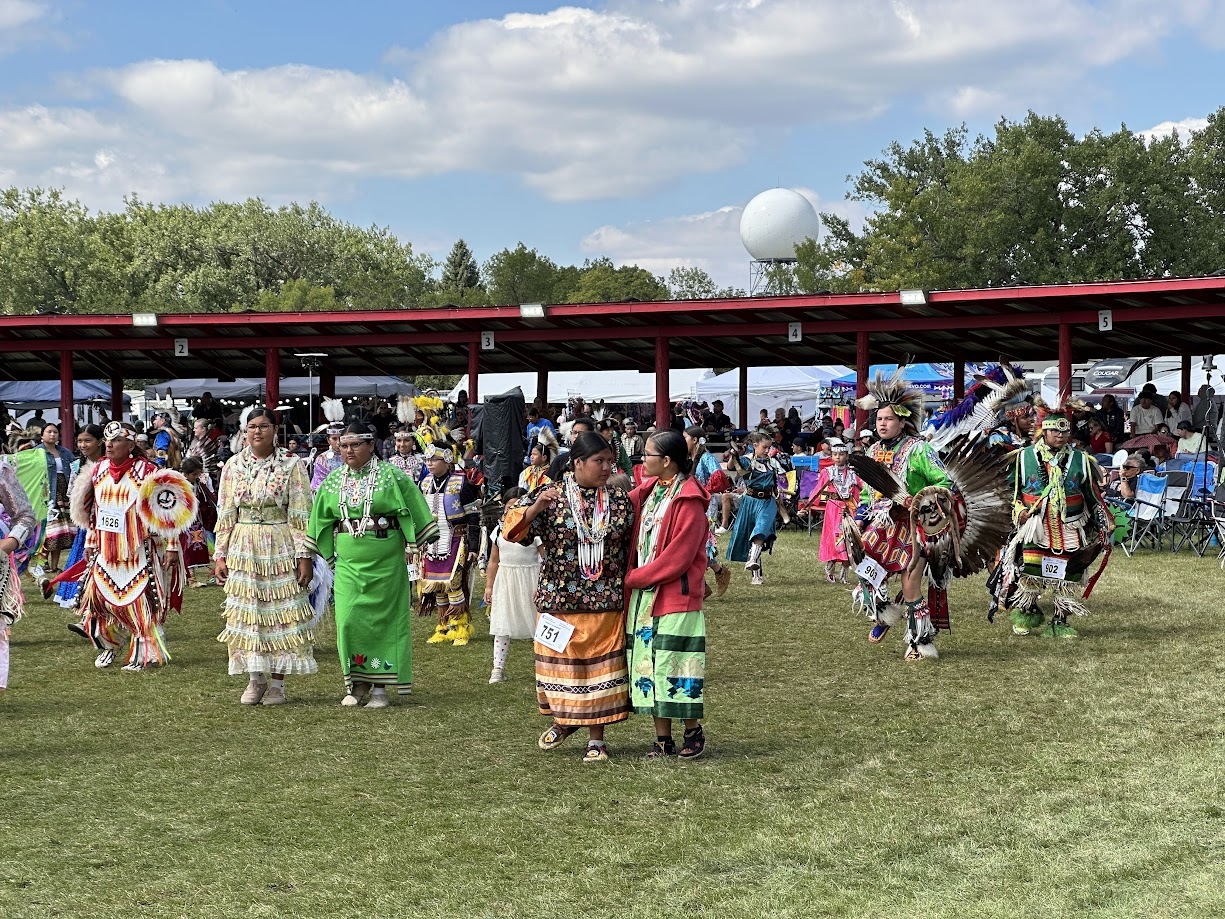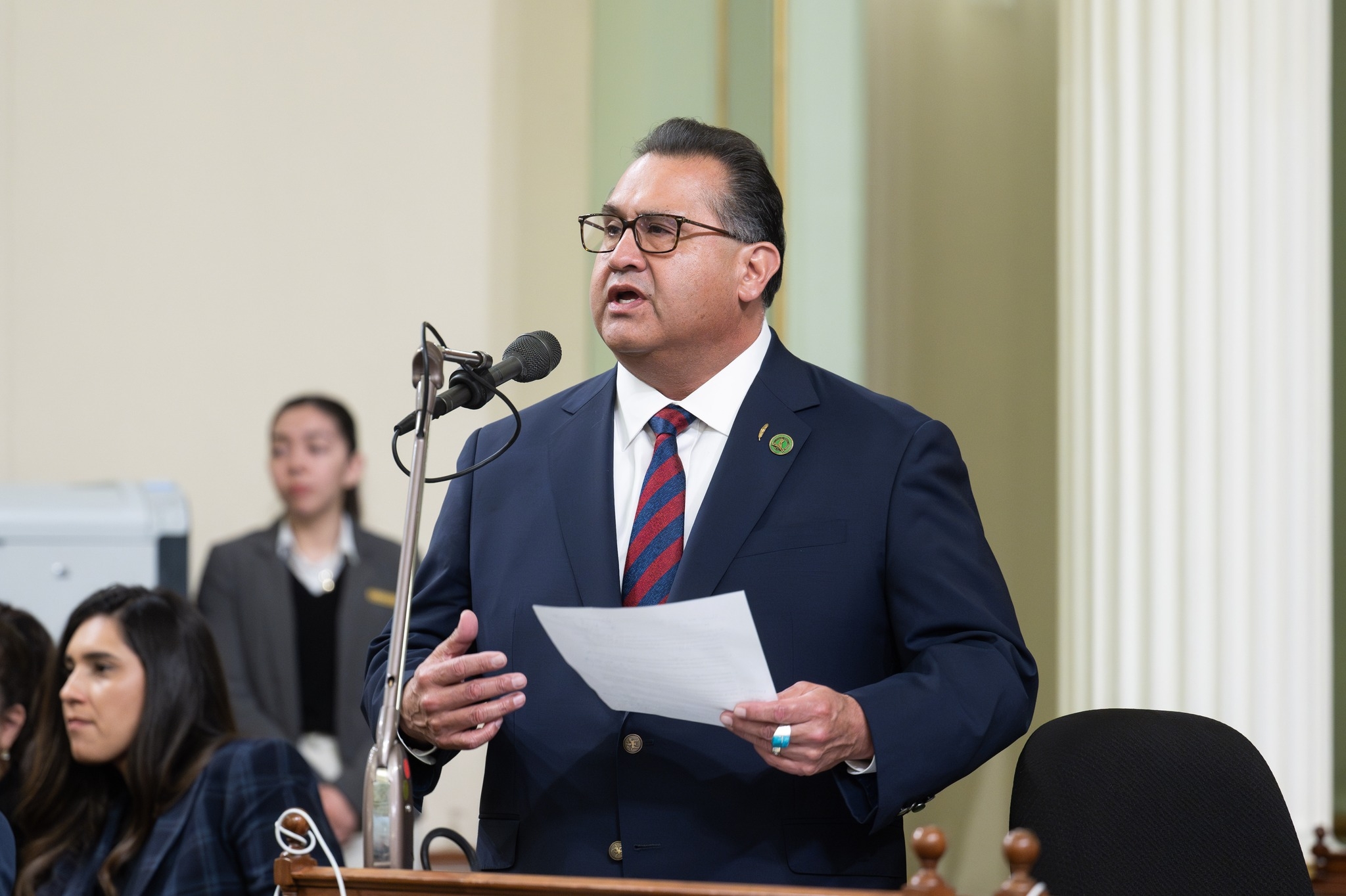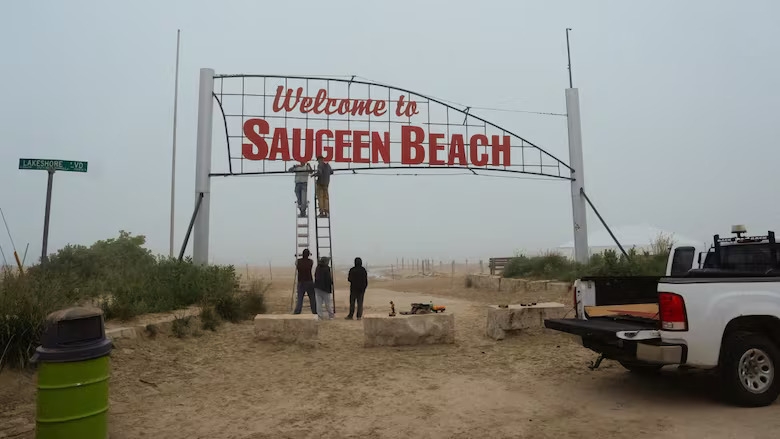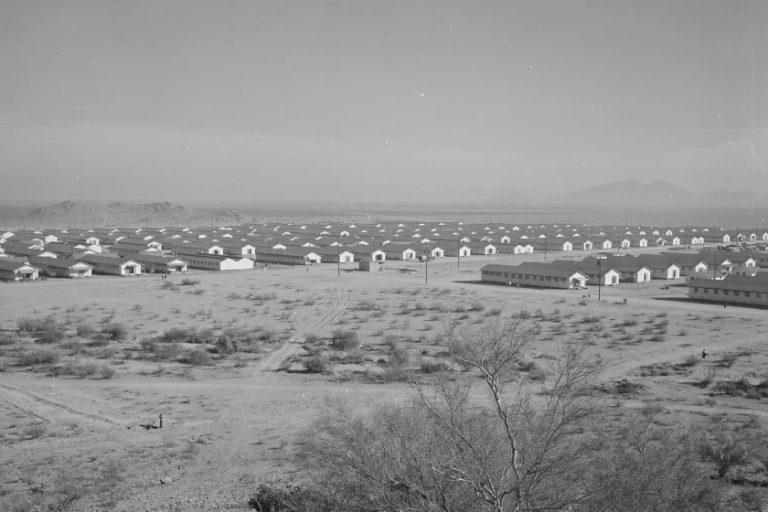Podcast: Play in new window | Download | Embed
Photo courtesy Cheree Urscheler / Facebook
A big legal win and validation for a First Nation in Ontario.
The Supreme Court of Canada has dismissed a request from the town of South Bruce Peninsula to appeal a lower court decision that granted a valuable section of beach to the Saugeen First Nation.
As Dan Karpenchuk reports, the chief of the band calls the ruling “like a breath of fresh air.”
In April of 2023, the Ontario Appeal Court granted the First Nation ownership of just over a mile of sandy beach in the town of Sauble Beach.
It’s been a long fight.
The case was brought before the courts 35 years ago, but that came nearly 100 years since Indigenous leaders claimed that a treaty in 1854 gave them ownership of the disputed shoreline to them.
Conrad Ritchie is the chief of the Saugeen First Nation.
“You’re holding your breath for such a long time, and it’s like once you get the news, it’s just like a breath of fresh air, and less restriction.”
With the ruling to appeal now denied by the Supreme Court, the town of South Bruce Peninsula and several landowners appear to have exhausted all legal avenues to retain ownership.
On Canada Day, the name of the beach was officially changed from Sauble Beach to Saugeen Beach by the First Nation, notes Chief Ritchie.
“It kind of grooms society, it kind of grooms community, when you have a colonial name that’s supposed to be the Indigenous people of that land and beach. That’s how resilient and patient our people have been to feel finally heard and seen and validated.”
Now that legal wrangling over ownership of the land has been decided, the next step is to discuss compensation with the federal government for breaking that 1854 treaty.
Meanwhile, Ritchie says Saugeen Beach will continue to be open to the public as a tourist destination.

(Photo: Brian Bull)
This past weekend, roughly 10,000 people converged on Bismarck, N.D. to drum, dance, and celebrate one of the region’s oldest powwows.
Senior reporter Brian Bull of Buffalo’s Fire has the story.
The 55th United Tribes Technical College (UTTC) International Powwow started modestly in 1970.
A small group of students held it on a tennis court, but in the years since, it’s exploded in scale and magnitude, drawing participants and visitors from all over, including Europe.
UTTC President Leander McDonald says it’s not only a cultural event, but a huge economic boost to the Bismarck area when combined with several other events like their sports tournaments.
“A previous study indicated $4.2 million for that week. Did another analysis, but it was … we felt it was off a little bit, because they told us a million. And so now we’re working with the Bismarck Mandan Chamber here, and they have some folks that do analysis on just events on their own.”
Historically, the UTTC powwow was also once the “last call before winter” before indoor powwows and those in warmer climes took off.
This year’s event was covered live by Buffalo’s Fire and Prairie Public, a statewide public media broadcast organization.

(Courtesy Asm. James Ramos / Facebook)
A bill in California that seeks to deter suicide attempts on bridges and overpasses was sent to the governor’s desk on Tuesday.
It requires the California Department of Transportation and Department of Public Health to work together to address countermeasures.
Assemblymember James Ramos (Serrano/Cahuilla/D-CA) introduced the bill as part of broader work to address mental health care in the state.
Asm. Ramos says “California must do more to confront the great tragedy of suicide”, adding the new measure is intended to help prevent future sorrow.
Get National Native News delivered to your inbox daily. Sign up for our daily newsletter today.



